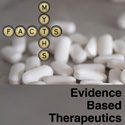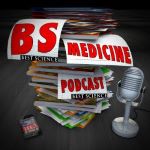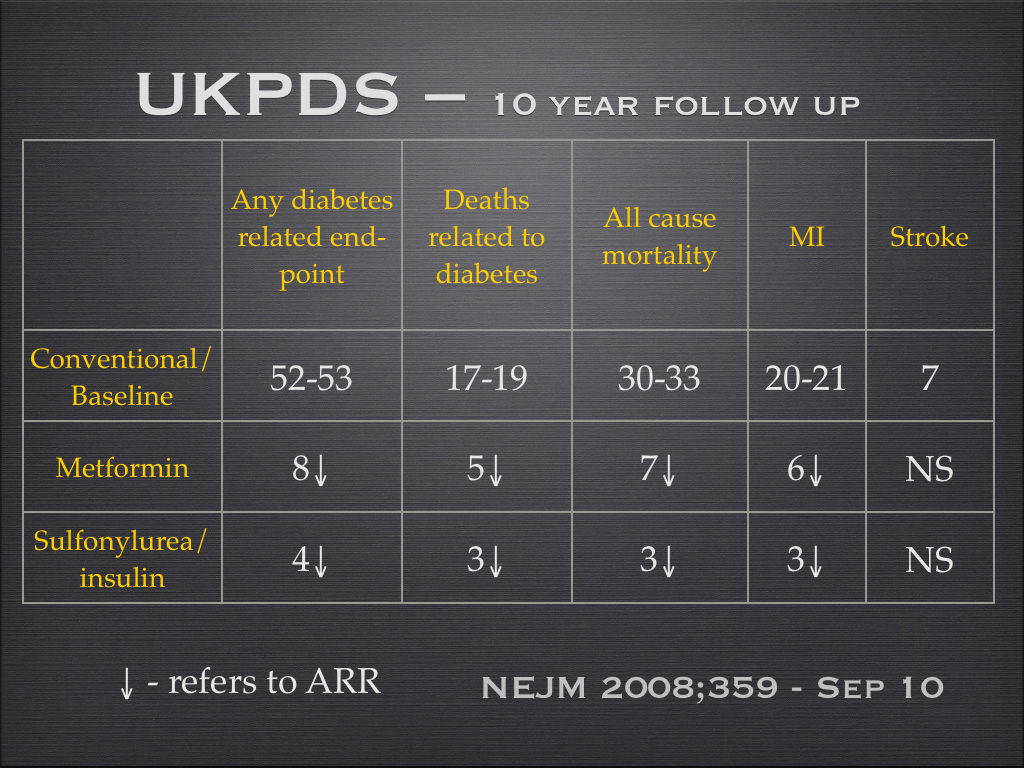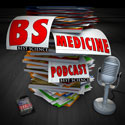Episode 65: A clot, a clot, I want it not – primary prevention with antiplatelets
In episode 65, we start back at it with a discussion of using antiplatelets to decrease the chance of MIs and strokes. In this podcast, we cover the whole primary prevention aspect of these agents and we bring in our good friend and colleague Peter Loewen to help us with the numbers. Mike claims he, as a family doctor, is usually able to make a diagnosis of gender in his patients but refuses to do so in James’ case.
Show Notes
1) Primary Prevention with ASA (women and men)
ATTC 2009
2) ASA in Type II diabetics (primary prevention)
POPADAD study
JPAD study
PPP study
Canadian Diabetes Guideline (specifically, ASA)
3) Adding Clopidogrel to ASA in primary Prevention
CHARISMA Study (primary prevention sub-group)
4) Peripheral vascular disease
Clopidogrel
CAPRIE
5) Peter Loewen




